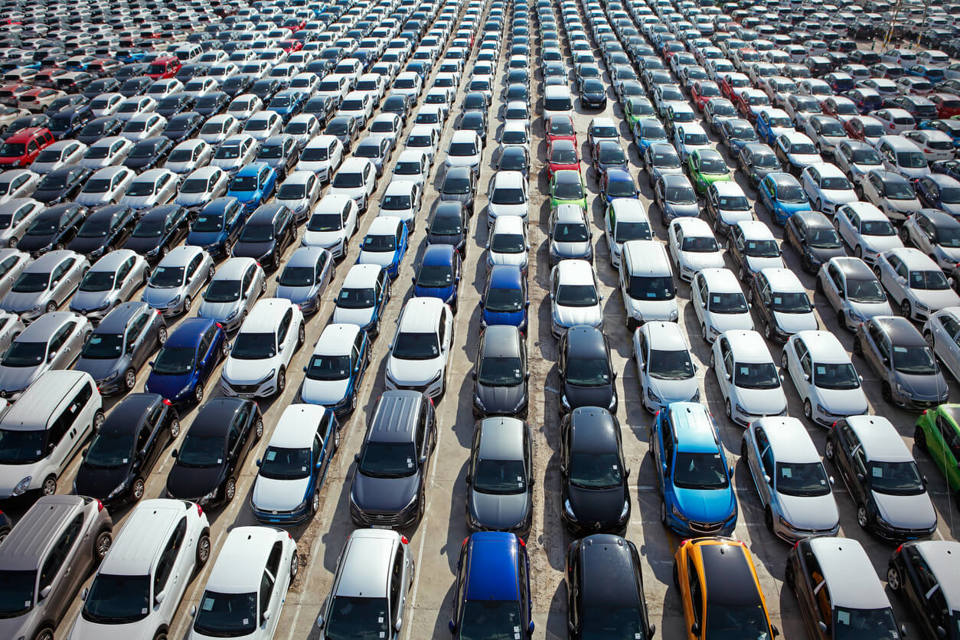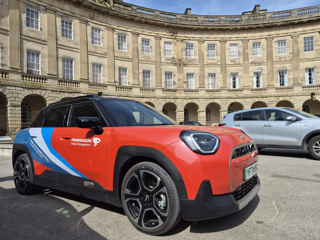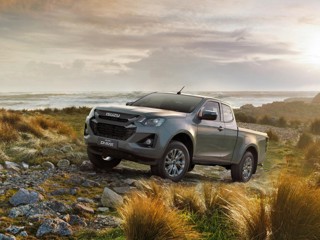Tariffs on car imports to the US, threatened by president elect Donald Trump, could impact the UK fleet market, the Association of Fleet Professionals (AFP) is warning.
Describing tariffs “as the most beautiful word in the dictionary”, Trump suggested he could introduce 60% tariffs on imports from China and 10-20% duties on all trading partners, including the EU, during his campaign.
Cars produced in Mexico and imported to the US appear to be a particular focus, with Trump saying prior to winning the presidential race that he was going to put a “100, 200, 2,000% tariff” on vehicles from the country.
Paul Hollick, AFP chair, said that, if implemented, any of these moves could have a dramatic effect on the global car and van market, especially for electric vehicles (EVs).
In 2016, the first Trump administration employed the threat of tariffs as a key tool to negotiate better deals from its trading partners.
“There seems to be some confusion whether these tariffs are actual plans by the Trump administration or some kind of gambit to negotiate more advantageous trade deals,” continued Hollick.
“However, tariffs at this kind of level would effectively make imported cars unsaleable in the US and, of course, there have also been sometimes substantial tariffs recently imposed in the EU.”
All of that production aimed at the US – especially large numbers of Chinese EVs – will, according to Hollick, inevitably make its way towards freer global markets, the UK being one.
“So far, the actions of new Chinese entrants have been quite measured but there will be a huge temptation to dump large numbers of cars and vans here at low prices, causing high levels of disruption,” he explained.
“Quite what the effect of all of this might be is difficult to say. At the extremes, our Government might decide that domestic manufacturers need similar protection and introduce tariffs of its own, step back and let the market find its level, or any of a hundred points in-between. The future view looks quite murky.”
In August, the EU published revised tariffs of up to 36.3% on EV imports from China, with Canada also announcing a 100% import tax on Chinese EVs.
The AFP believes that UK fleets would be left in a difficult position, with a domestic market that was tricky to read, and vehicle buying decisions that could be hugely risky.
“On one hand, having access to a supply of cheap Chinese EVs would arguably be good for fleets in their transition to net zero, and also provide a boost to the retail EV market,” said Hollick.
“However, this is likely to come at the risk of stability and a volatile market is ultimately a bad one where, for example, forecasting accurate residual values becomes very difficult.”
Fleets would be watching Trump’s statements carefully over the next few weeks, he added.
“The sooner there is some clarity around the situation, the better. It is not a political point to say that what the president elect says and what he does are quite often two different things, but it seems likely that, given the extent to which he has spoken about tariffs during his campaign, this is not an issue that is going to go away.”
Hollick concluded: “The truth is that tariffs imposed by a major western economy of the scale being promised are almost unknown in modern times and it is difficult, if not impossible, to forecast the impact.
“However, it’s also true that some economists are making quite dire predictions. We await the outcome with some trepidation.”

























Login to comment
Comments
No comments have been made yet.